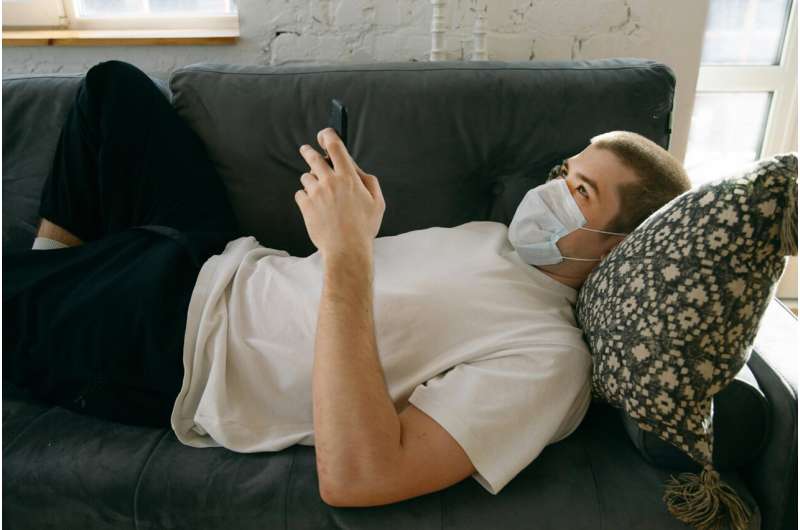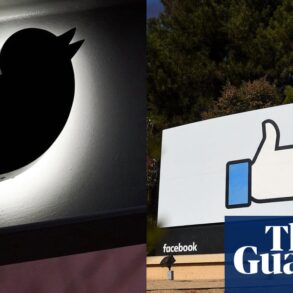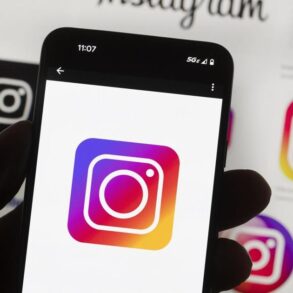
A new study offers insight into how social media became a lifeline for mental health-related conversations during the pandemic.
University of Auckland researchers Shohil Kishore, Professor David Sundaram and Professor Michael Myers explored the evolving role of Twitter in facilitating mental-health related discourse to show how users’ psychological needs shifted across different phases of the crisis. The study is published in the Journal of Information Technology.
Despite its often negative reputation, social media provided support and connection during the early stages of the pandemic, says Kishore. His analysis of mental health-related retweets shows a sharp spike in activity in 2020, as people turned to Twitter to fulfill needs that had become hard to meet in real life.
“As lockdowns restricted personal autonomy, people turned online to meet three particular needs related to competence, self-reflection and finding a sense of place.”
Changes in retweeting between 2019 and 2020 reflected users’ efforts to regain control, reflect on their changing identities, and find an online “home” where they could express themselves and regain some control over their lives.
“Before the pandemic, people might have gone to the gym, a pub quiz, or to a friend’s place for coffee to maintain their mental well-being. When those options disappeared, more individuals shifted to Twitter to connect and discuss mental health,” he says.
Competence—the desire to control one’s environment and achieve meaningful outcomes—was especially evident in how people engaged.
“People were looking for ways to assert control in a world turned upside down,” says Kishore.
Self-reflection, or “coming to know the self,” was another recurring theme. As the pandemic disrupted daily routines, users turned to the platform to reflect on their identities amid the upheaval.
By 2021, as the immediate crisis subsided, mental health-related retweets again diversified. The intense focus on competence, self-reflection and finding a sense of place eased, as users found other ways—both online and offline—to meet those psychological needs, says Kishore.
The study highlights how the pandemic reshaped the drivers of social media engagement and suggests that platforms like X could play a more deliberate role in enabling users during crises.
“While social media isn’t perfect, it can be a valuable tool for people who are seeking connection, anonymity and a place to engage with mental health during tough times.”
More information:
Shohil Kishore et al, A temporal dynamics framework and methodology for computationally intensive social media research, Journal of Information Technology (2024). DOI: 10.1177/02683962241283051
Citation:
Study explores social media’s role in mental health during pandemic (2024, September 19)
retrieved 19 September 2024
from https://medicalxpress.com/news/2024-09-explores-social-media-role-mental.html
This document is subject to copyright. Apart from any fair dealing for the purpose of private study or research, no
part may be reproduced without the written permission. The content is provided for information purposes only.







